

The world’s longest-serving death row inmate has been acquitted over 50 years after his sentencing.
Former boxer Iwao Hakamada, 88, was jailed in 1968 for quadruple murder and has spent decades waiting to be executed.
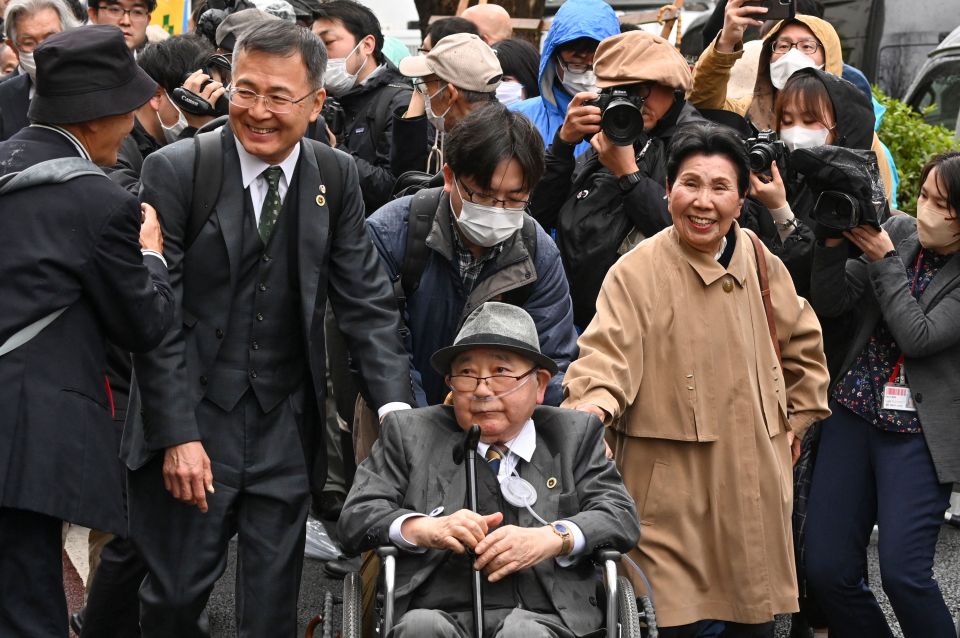
Iwao Hakamada, centre, pictured last year with his sister, rightCredit: AFP
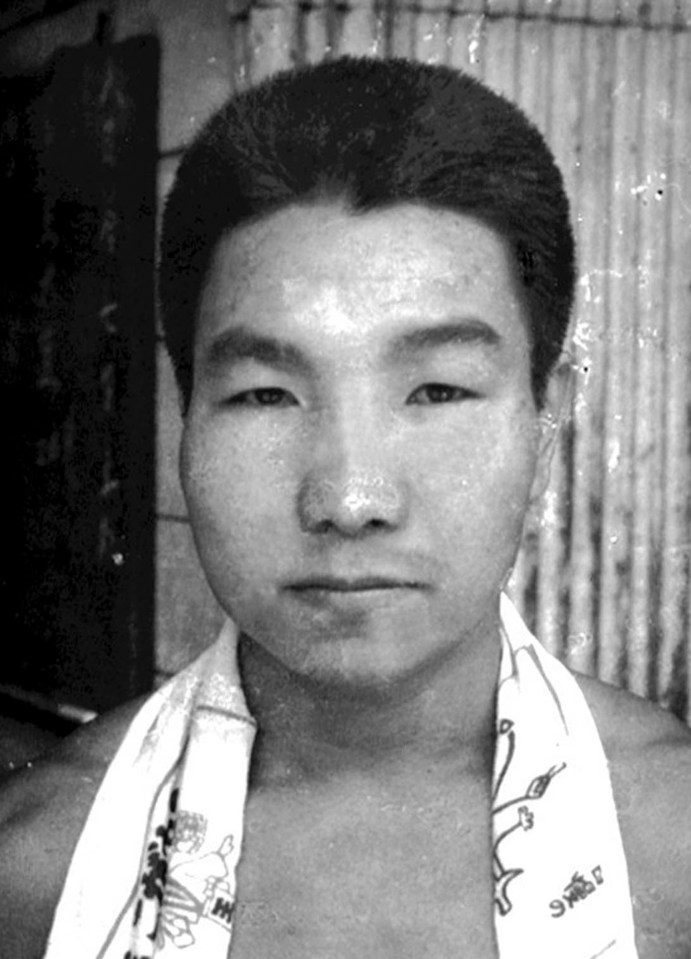
The former boxer was jailed for murderCredit: AP:Associated Press
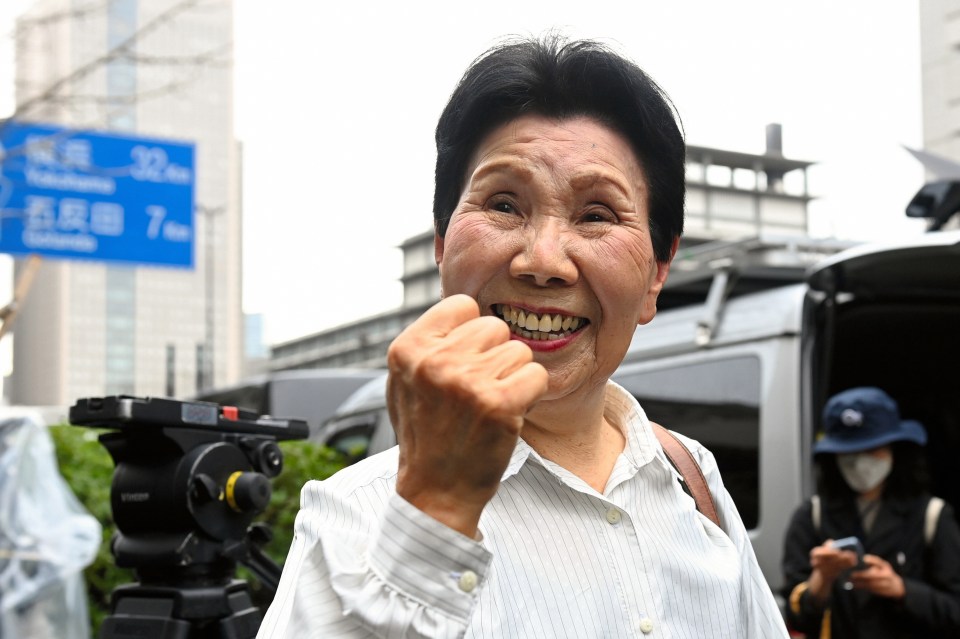
Hakamada’s elder sister Hideko pictured after the green light was given for retrial in March 2023Credit: Getty
But today, a Japanese court has ruled Hakamada was not guilty in a retrial - reversing an earlier wrongful conviction after decades on death row.
Most of his time behind bars was spent in solitary confinement, in fear of execution.
He spent a total of 48 years in prison - with more than 45 of them on death row.
Hakamada’s acquittal by the Shizuoka District Court makes him the fifth death-row convict to be found not guilty in a retrial in postwar Japanese criminal justice.
His second appeal for a retrial was filed in 2008 by his sister Hideko Hakamada, now 91.
Hakamada was then released from prison in 2014 when a court ordered a retrial.
After his release, Hakamada served his sentence at home because his frail health and age made him a low risk for escape.
New evidence suggested his conviction may have been based on fabricated accusations by investigators.
The court finally ruled in his favour in 2023, paving the way for the latest retrial that began last October.
At a final hearing at the Shizuoka court in May before today’s decision, prosecutors again demanded the death penalty.
It triggered criticism from rights groups that prosecutors were trying to prolong the trial.
During the investigation that followed his arrest, Hakamada initially denied the accusations, but then confessed.
He later said he was forced to confess under violent interrogation by police.
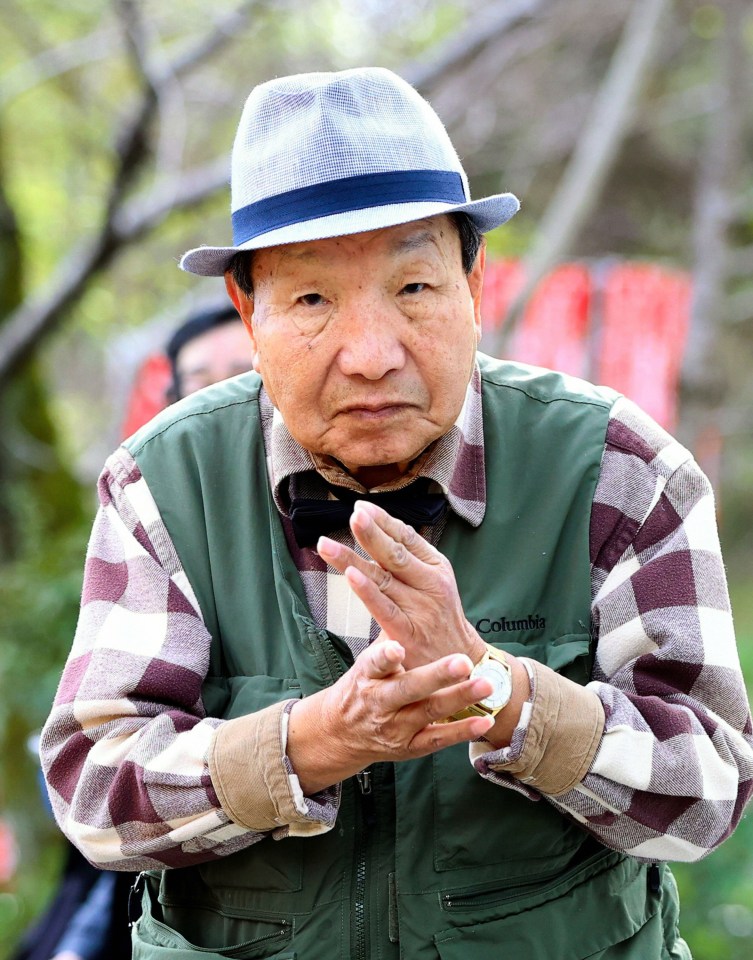
Hakamada was convicted of a quadruple killing in 1966Credit: Getty
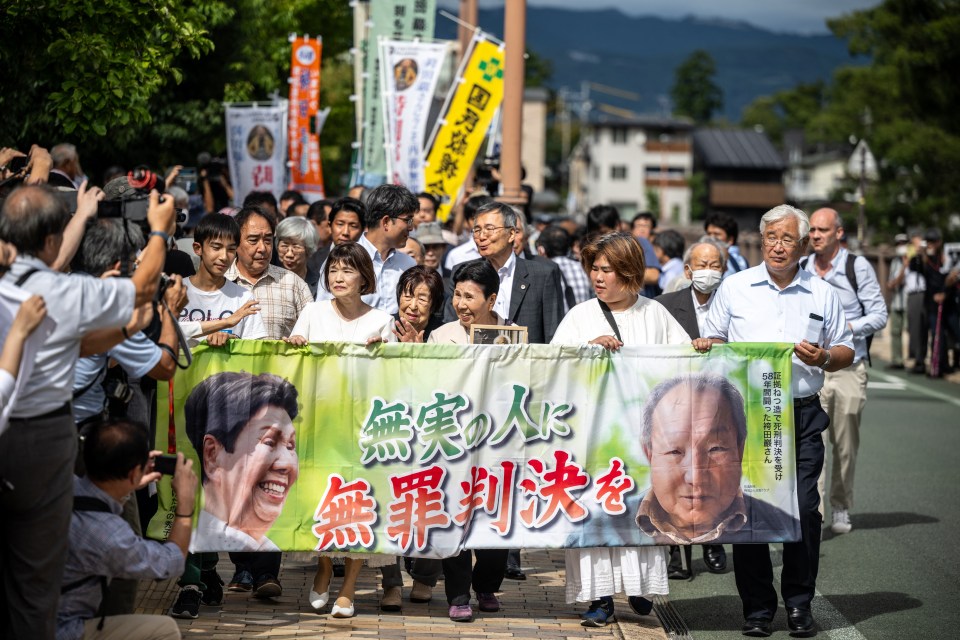
Hakamada’s sister Hideko leads his supporters at court todayCredit: AFP
A major point of contention was five pieces of blood-stained clothing that investigators claimed Hakamada wore during the crime and hid in a tank of fermented soybean paste, or miso.
The clothes were found more than a year after his arrest.
A Tokyo High Court ruling in 2023 acknowledged scientific experiments that clothing soaked in miso for more than a year turns too dark for bloodstains to be spotted, noting a possible fabrication by investigators.
Defence lawyers and earlier retrial decisions said the blood samples did not match Hakamada’s DNA, and trousers prosecutors submitted as evidence were too small for the defendant.
Supporters say Hakamada’s nearly half-century detention has taken a devastating toll on his mental health.
His sister Hideko Hakamada has devoted around half of her life to proving his innocence.
’WRONGLY ACCUSED’
Before Thursday’s ruling, she said she was in a never-ending battle.
She said: "It is so difficult to get a retrial started.
"Not just Iwao, but I’m sure there are other people who have been wrongly accused and crying.
"I want the criminal law revised so that retrials are more easily available."
Japan and the United States are the only two countries in the Group of Seven advanced nations (G7) that retain capital punishment.
A survey by the Japanese government showed an overwhelming majority of the public support executions.
Executions are carried out in secrecy in Japan and prisoners are not informed of their fate until the morning they are hanged.
In 2007, Japan began disclosing the names of those executed and some details of their crimes, but disclosures are still limited.